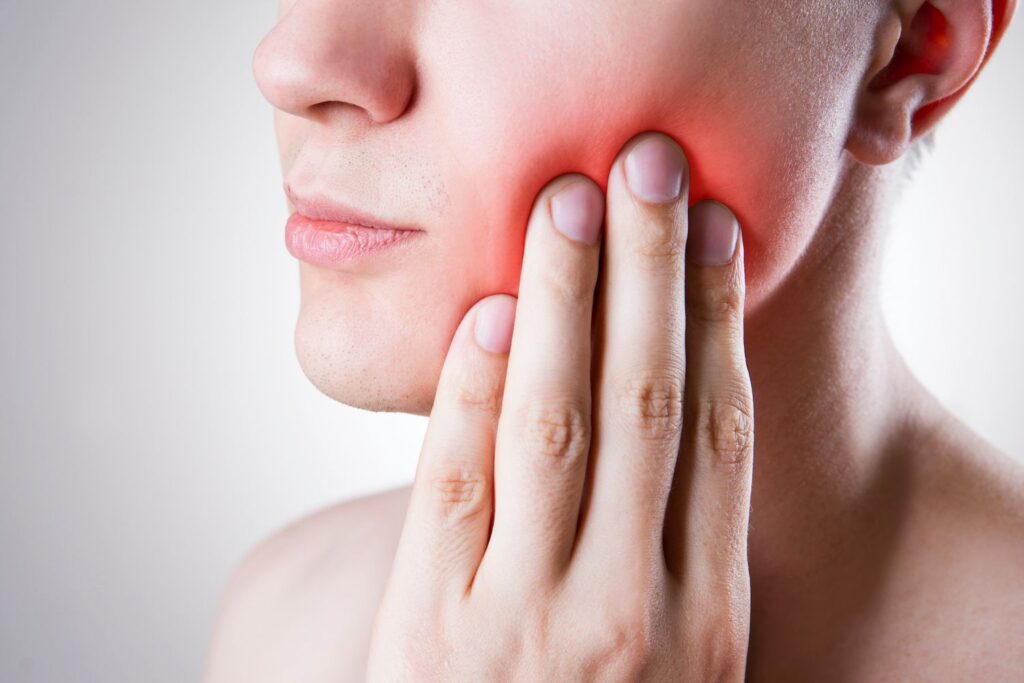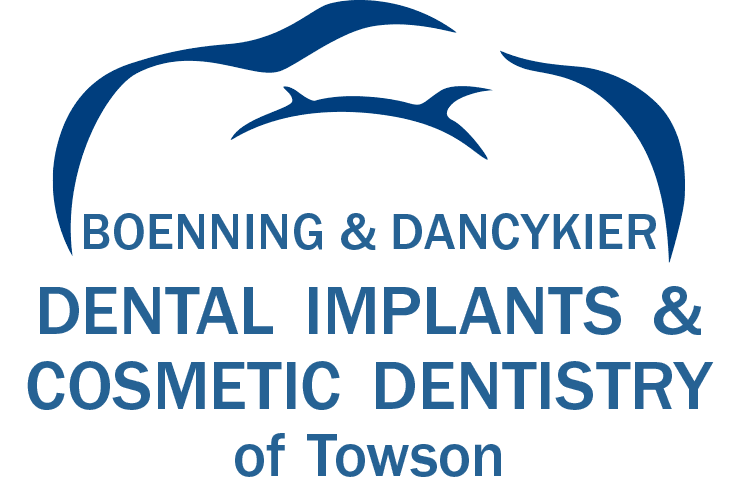In the event of significant damage to a tooth that may interfere with the rest of your smile’s health, your dentist may recommend the extraction of the tooth. This process involves oral surgery. The dentist must cut away this tooth from its position in the gums and jawbone.
You can anticipate some downtime as you recover from this treatment. And you may notice blood clots appear at the surgical sites. This is a normal, natural part of the healing process, and you must take care not to disturb these clots.
Moving or dislodging these clots can expose nerves and bone, resulting in a painful condition called dry socket. You will require urgent treatment from a dentist to fix this issue. The pain and danger to your smile caused by this problem will not resolve on its own.
You should follow your dentist’s aftercare guidelines to avoid developing dry socket and requiring additional dental work. Read on to find tips from your dentist that can help you avoid dry socket while you heal from your tooth extraction procedure.

Complete Careful Oral Hygiene
Though you must be careful near the surgical sites within your mouth after a tooth extraction, you still need to take care of the rest of your smile. You will need to continue practicing good oral hygiene to ensure you prevent further dental concerns and reduce the chance of oral infections.
However, you must brush and floss near the surgical site gently and with caution so that you do not disturb the healing blood clot. Your dentist will provide you with instructions that can ensure you can keep your smile clean and healthy without hurting these healing sites.
Avoid Harsh Oral Motions
When you perform a sucking or spitting motion with your mouth, the combination of airflow and muscle movement can easily disturb a healing blood clot over an extraction site. For this reason, you will need to avoid both of these motions while you recover from a tooth extraction.
The dentist will ask you not to use a straw for at least a week after this oral surgery. You should also avoid smoking because inhaling a cigarette or e-cigarette will create this same risk of dry socket.
Stick to a Soft Diet
When you return home after a tooth extraction procedure, your mouth might feel sore as the anesthetics wear off. You will feel more comfortable consuming softer foods like mashed potatoes, oatmeal, or yogurt.
But you should stick to a soft-textured diet to prevent dry socket as well. Hard, sticky, or chewy foods could easily harm a healing blood clot in your mouth.
After 48 hours, you can begin introducing more solid foods to your diet. But you should revert back to soft foods if you notice pain while eating. If you experience severe pain that does not respond to management techniques recommended by your dentist, let your dentist know. This could be a sign that you have dry socket.
